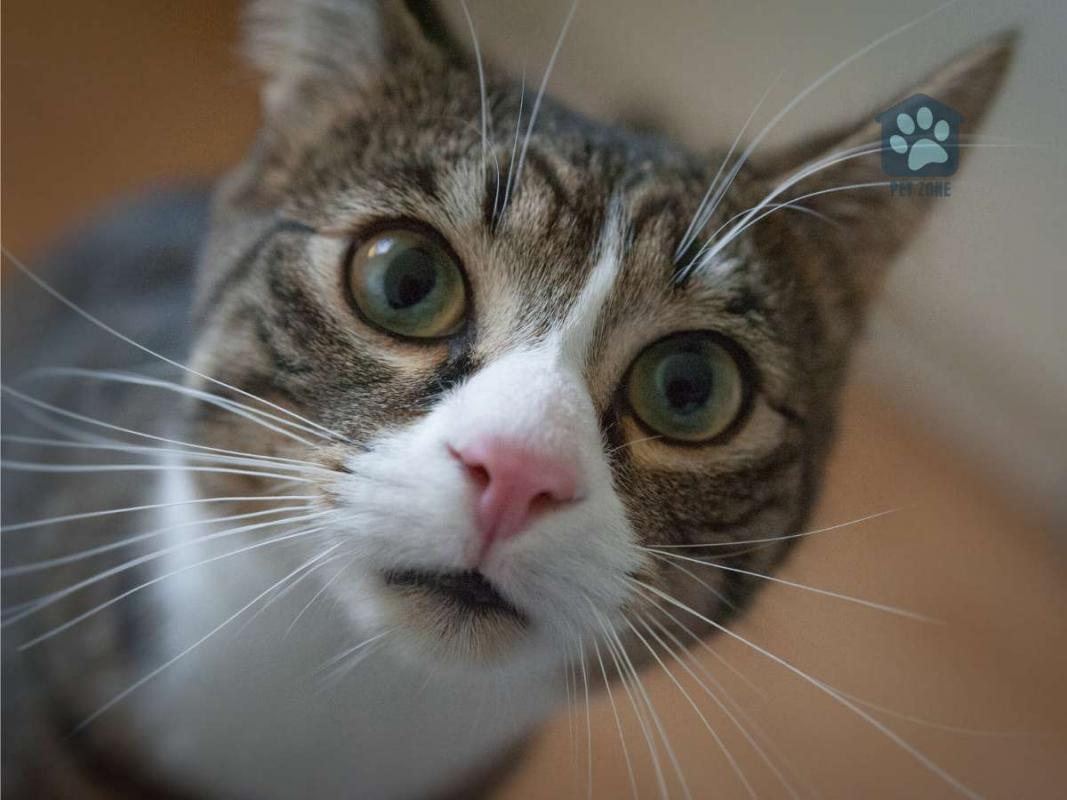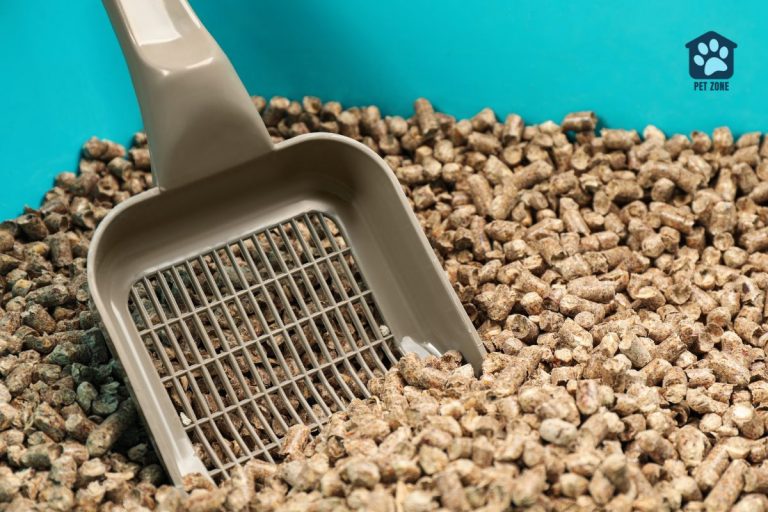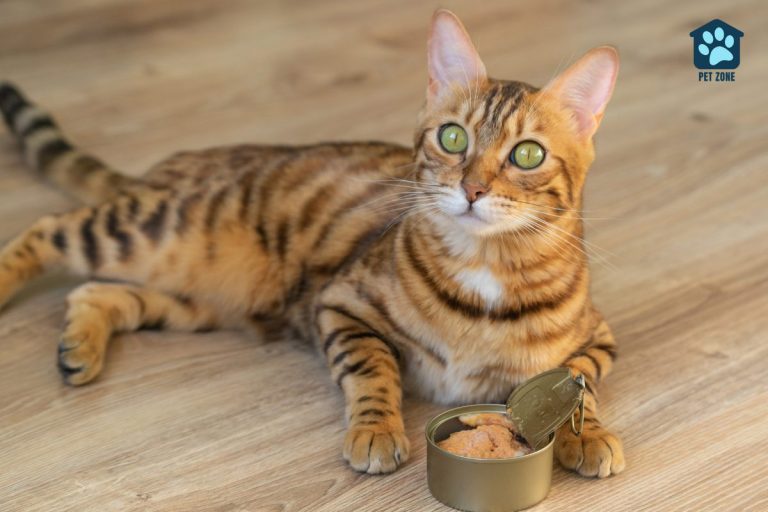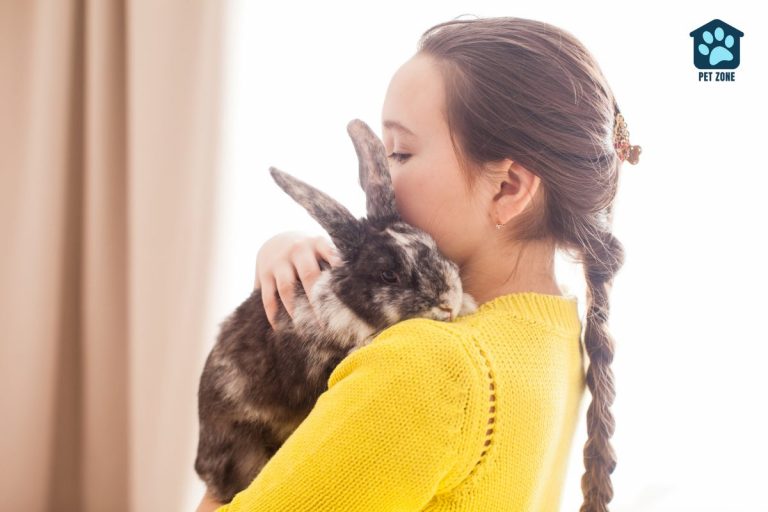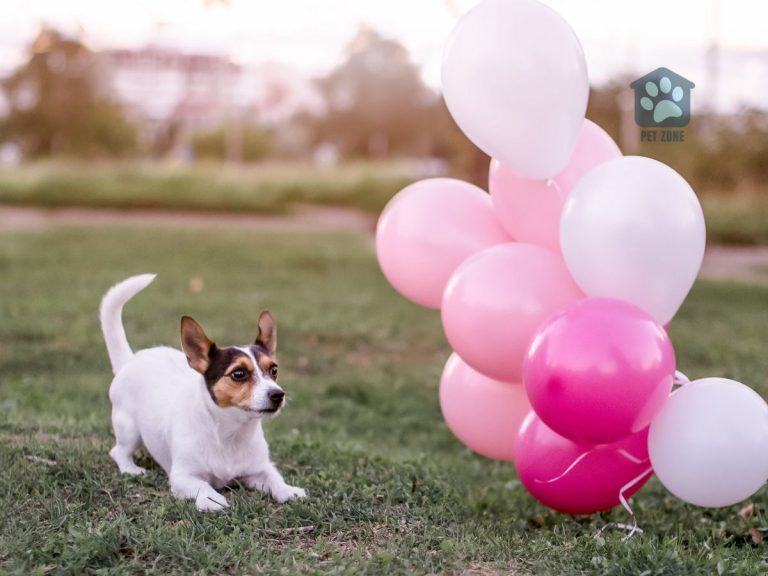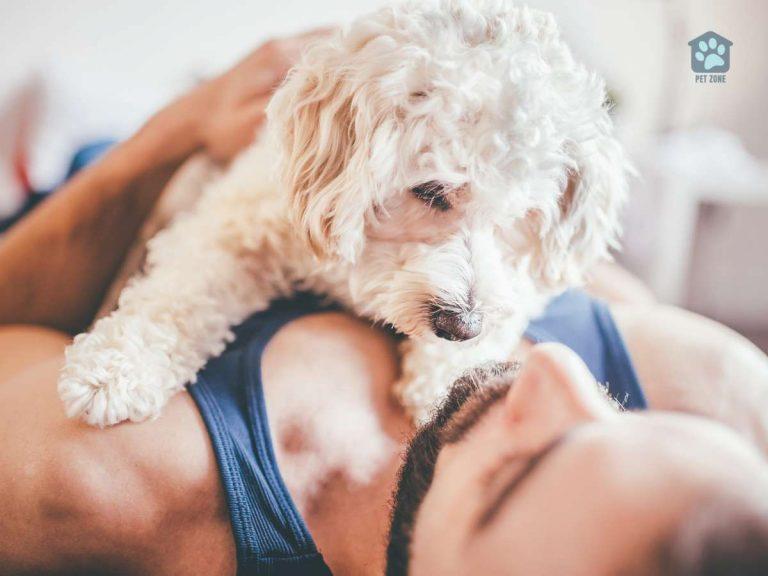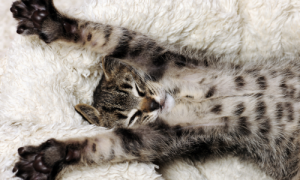Estimated reading time: 6 minutes
Have you ever heard your cat huffing and puffing and wondered if it’s normal? Cats can make a range of sounds, from meows and purrs to hisses and growls. But a huffing sound is a bit puzzling. It’s a short, sharp exhale, sometimes so quick that you might miss it if you’re not paying close attention.
So, is it normal for cats to huff?
Some huffing is typical behavior, especially when cats are communicating or expressing emotions. For instance, your cat may huff to show frustration if a toy goes out of reach. On the other hand, frequent or intense huffing could indicate that your cat is in distress. For example, cats suffering from respiratory issues like asthma may huff after exerting themselves.
This article aims to help you understand why your cat may huff and when to be concerned about your cat’s huffing.
Cat Sounds: Huff and Other Noises
The huff is when your cat exhales loudly through their nose. It’s different from the comforting purr you hear when your cat is relaxed or the hiss you might hear when it feels threatened.
There are several reasons why your cat might make a huffing noise. One of the primary reasons is communication. Cats use huffing to express emotions, from frustration to contentment.
Have you ever noticed your cat huffing when they can’t get a toy from under the sofa or another cat is getting a bit too close? Your cat is trying to communicate its annoyance.
However, not all huffs are bad news. Sometimes, your cat will huff out of satisfaction, like when they find a warm, sunny spot to lounge. This kind of huff is usually accompanied by relaxed body language, showing that your cat is happy.
It’s essential to pay attention to the context in which your cat huffs to understand what they are trying to communicate. So, the next time you hear your cat huffing, take a moment to observe what’s happening around her. It could provide valuable insights into your cat’s emotions and needs.
A Huffing Noise is Not Always Normal for Cats: Health Concerns
While a huff from your cat can be a harmless way for cats to communicate their feelings, it’s crucial to keep in mind that cats sometimes huff due to health issues.
For example, an overweight cat might huff when it overexerts itself during play. You might also notice your cat panting, another sign that your cat may need a break.
One concerning reason your cat might be huffing is if she is struggling with breathing issues. If your cat is wheezing or breathing heavily, it could be a sign that your cat is suffering from asthma or another respiratory condition.
Similarly, if your cat starts huffing and shows other symptoms like lethargy or reduced appetite, it could indicate that your cat is sick.
In these cases, it’s important to get your cat checked by a vet. It’s not normal for cats to huff persistently or appear to be in distress. If your cat seems to be struggling, don’t hesitate to take your cat to the vet for a check-up.
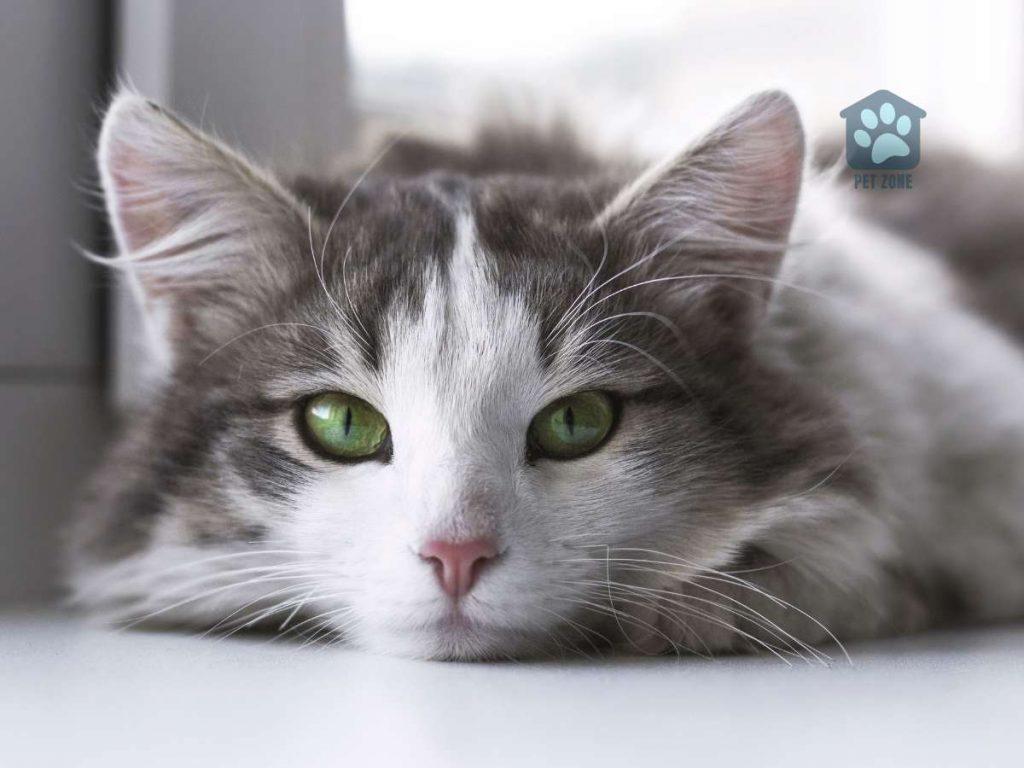
Reading Your Cat’s Emotions
Cats use this short, distinct exhale to express a range of emotions, from joy to frustration. Paying attention to when and why your cat huffs can help you better understand their needs and feelings.
For instance, if you notice your cat makes huffing noises while playing, it might be a signal that they’re tired or need a break. On the other hand, a relaxed huff when your cat is lounging in a sunny spot is a sign of contentment. Recognizing these signs can ensure your cat’s happiness and well-being.
However, be mindful of the unhappy huff. If your cat starts huffing out of the blue, or if they huff when another cat approaches, it’s a sign they’re annoyed or feel threatened. Respect their space and try to alleviate any sources of stress.
Remember, your cat isn’t trying to be difficult when they huff. They’re merely communicating in one of the few ways they can. So, keep your ears open for that huff – it’s a little peek into your cat’s feelings!
Helping Your Huffing Cat
If you’re concerned about your cat’s huffing, there are steps you can take to help. Firstly, monitor their behavior and the situations that cause the huffing. Is it when they’re playing, feeling threatened, or does it happen seemingly without reason?
If you see your cat overexerting itself during play or seems distressed when huffing, it might be time to adjust their routine. Ensure your cat gets regular, moderate exercise without pushing their limits.
If another cat or situation is causing stress, try to manage that situation better to keep your cat relaxed.
When it comes to health concerns, don’t delay. If you notice your cat wheezing, breathing heavily, or showing other signs of distress along with huffing, take your cat to the vet as soon as possible.
While some breeds like flat-faced cats are prone to breathing issues, any cat may huff excessively due to an underlying health condition. Regular vet check-ups can help ensure your cat’s well-being.
While huffing can be a normal part of cat communication, persistent or distressed huffing isn’t something to ignore. Your understanding and action can go a long way in ensuring your furry friend’s health and happiness.
Conclusion: The Language of Cat Huffing
The cat huff, with its many meanings and contexts, is a prime example of the complex communication methods our feline friends use. By paying attention to the situations in which your cat huffs, you can learn a lot about what they’re feeling and needing.
Remember, a huff is usually a short, sharp exhale, a unique sound in the repertoire of cat sounds. It could mean your cat is feeling frustrated, content, or maybe even struggling with a health issue.
Understanding the different types of huff and their contexts is crucial. If the huffing is normal and linked to specific behaviors or emotions, that’s fine. But if you’re noticing your cat huffing more than usual or in distress, it’s essential to seek veterinary help.


